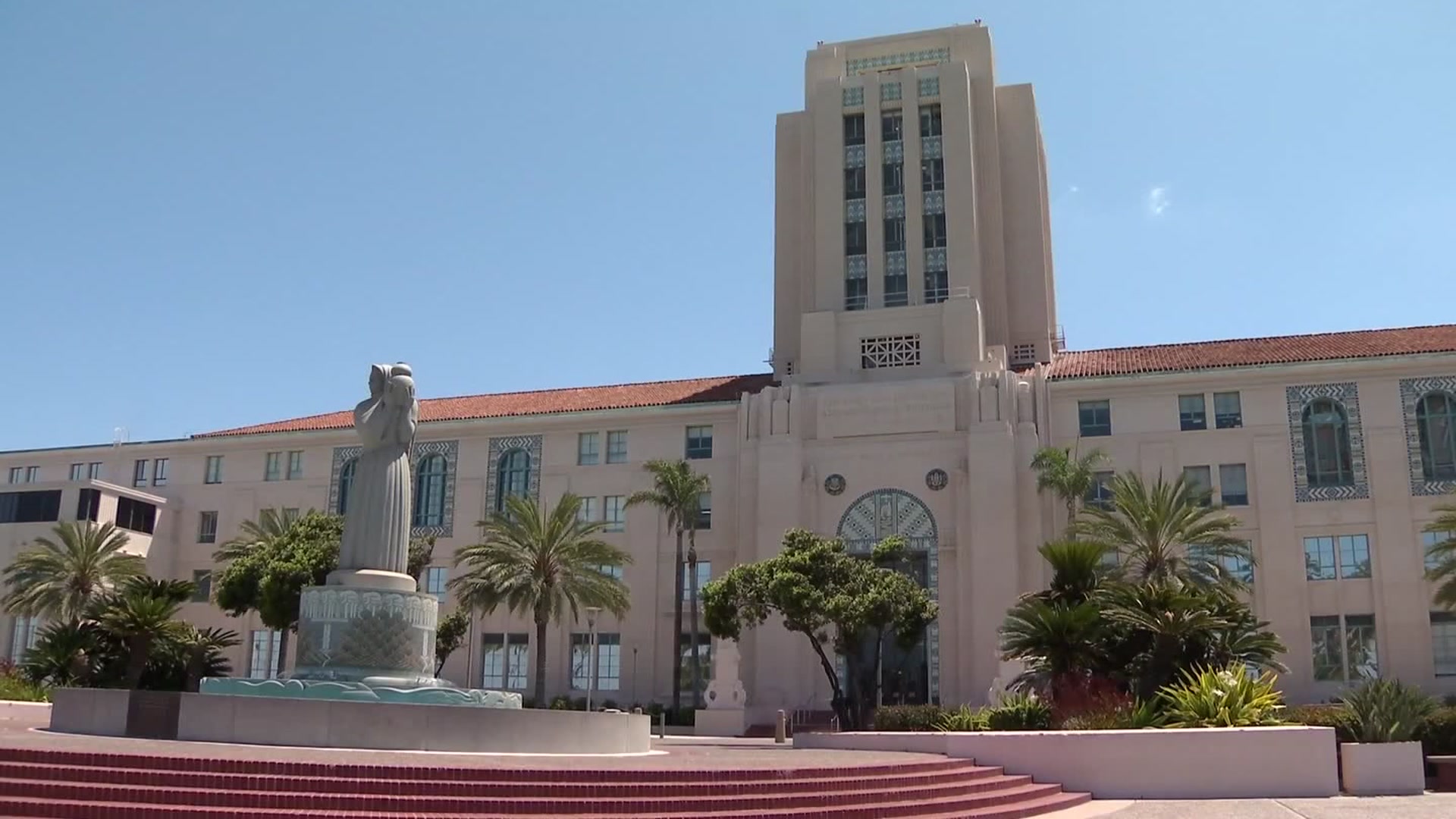After undergoing surgery to implant a pacemaker, Tasmanian devil "Nick” is back in his habitat at San Diego Zoo's Australian Outback section.
Nick was closely monitored by zoo veterinarians at an off-exhibit area for two weeks after his surgery – only the second to ever be performed on a Tasmanian devil.
During a routine health exam in January zoo veterinarians discovered Nick had an abnormal heart rhythm, cardiac conduction disorder, which causes his heart to beat very slowly.
Zoo veterinarians consulted with cardiologist Joao Orvalho, DVM —a Diplomate of the American College of Veterinary Internal Medicine, from the University of California, Davis—and determined the best way to improve the quality of Nick’s life was to surgically implant a pacemaker to regulate his heartbeat.
"Now the pacemaker is basically going to take over his heart and is going to determine when to play the pace fast or slow depending on his activity," Dr. Orvalho said.
Cora Singleton, DVM, San Diego Zoo associate veterinarian, and her staff worked collaboratively with veterinary surgeon Fred Pike, DVM, a Diplomate, American College of Veterinary Surgeons on May 11 to perform the surgery.
"We have not done one of these before," Dr. Singleton said. "This type of heart disease has been documented in Tasmanian devils as they get older, but most facilities don't place a pacemaker, so we are the second in the United States to perform this procedure."
Local
Veterinarians usually place pacemakers in the neck, but because of the Tasmanian devil's neck shape vets placed it in the animal's abdomen and sutured the electrode to the heart, a slightly more complicated procedure.
The surgery was successful with no complications and Nick was released the same day to recuperate at the zoo hospital.
“We are optimistic that this procedure will give Nick an additional one to two years of a happy and healthy life,” Dr. Singleton explained. “He will have a recheck exam to evaluate his pacemaker in three to six months, then annually thereafter.”
Tasmanian devils are listed as endangered by the International Union for Conservation of Nature (IUCN).
They are native to the island state of Tasmania, which is part of Australia, and they can live up to seven years.
Tasmanian devils face extinction in the wild due to devil facial tumor disease (DFTD), a rare, contagious cancer found only in devils. It is transmitted from one animal to another through biting, a common behavior among devils when mating and feeding.
The disease kills all infected devils within six to 12 months, and there is no known cure or vaccine.
All four Tasmanian devils at the San Diego Zoo are healthy, and the zoo is a partner of the Save the Tasmanian Devil Program, based in Tasmania.
The program collaborates with research institutes and zoos around the world to save the Tasmanian devil.



